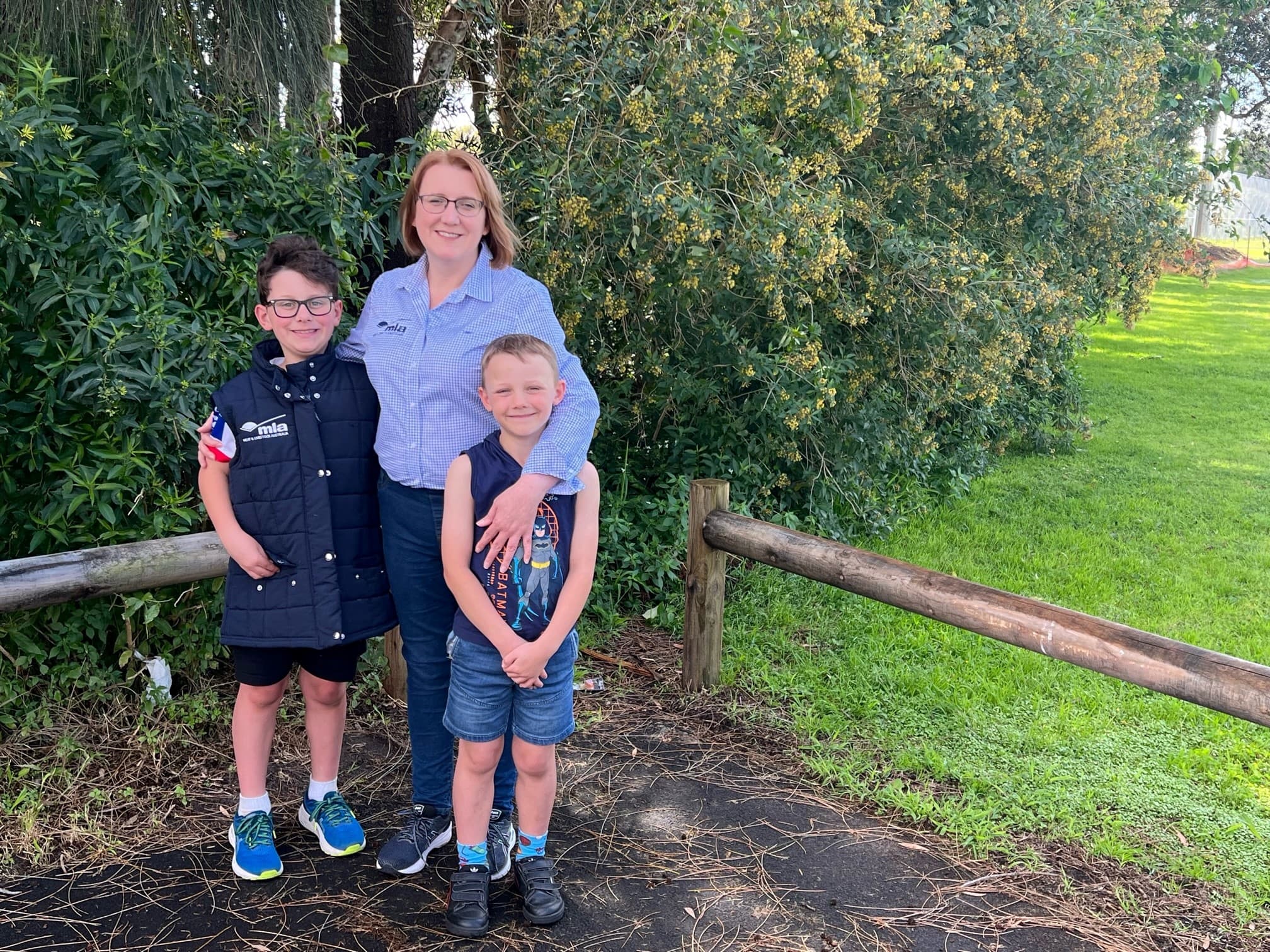This yearly Forum brings Research Development Corporations (RDCs) together so research managers can collectively identify cross-sectoral opportunities and risks and develop solutions to enhance the productivity of Australian agriculture, fisheries and forestry.
AgriFutures Australia Manager, National Rural Issues, Jane Knight says the inherent value of the ENRI Forum lies in its ability to promote collaboration.
“Tackling these big challenges with multiple perspectives in the room allows us to be more innovative in our approach to problem solving,” she says. “Collaboration also means we’re avoiding duplication of work, which saves industry resources, in terms of both money and time.”
Michelle Ford: playing her part for the greater good
Michelle Ford is a regular contributor to these thought-provoking and horizon-scanning Forums, as an ENRI Steering Group member and in her role as Manager, Operations and Supply Chain Sustainability at Meat and Livestock Australia (MLA). A self-described problem solver, Michelle is passionate about the role that the ENRI Forum plays in informing research and policy development.
She says there have been many examples of valuable projects that have originated from the Forums, citing the Community Trust in Rural Industries program as a prime example of work that has benefitted many industry groups.
“This research has helped us to better understand the overarching perceptions of agriculture,” she says. “Other projects that have evolved from ENRI discussions include the transitioning away from diesel project, cross-sectoral work on waste, and research into additive manufacturing to show how it could be used across the agricultural industries.
Maximising the value of the Forum
The ENRI Steering Group ensures that the RDCs get the best value possible from the ENRI Forum, and supports the work of key stakeholders including the Department of Agriculture, Fisheries and Forestry, National Farmers’ Federation and Agricultural Innovation Australia
“The Steering Group is involved in continuous improvement of the process and making sure the Forum is fit for purpose,” Michelle explains. “Since the Forum began in 2017, the agricultural landscape has changed significantly, so we make sure we don’t lose focus of the purpose of ENRI, which is ‘cross-sectoral research and research that informs policy’.”









